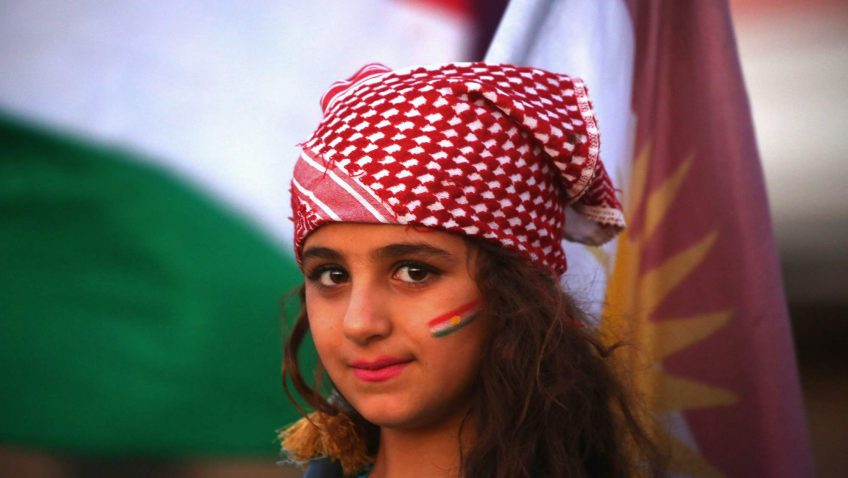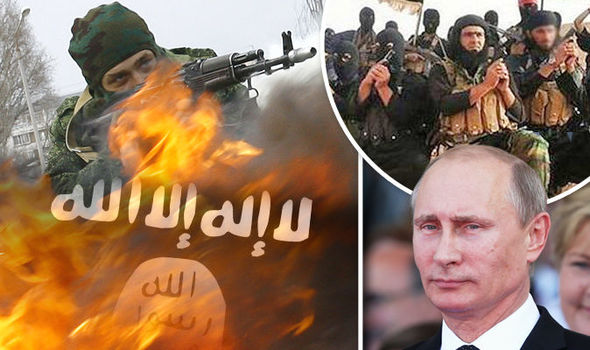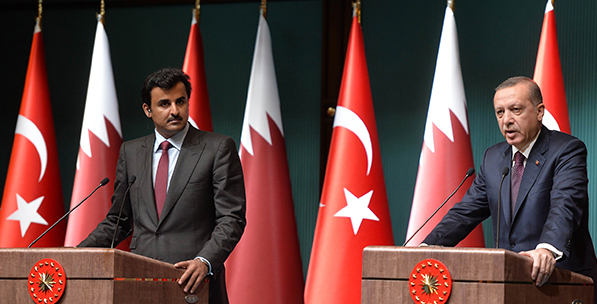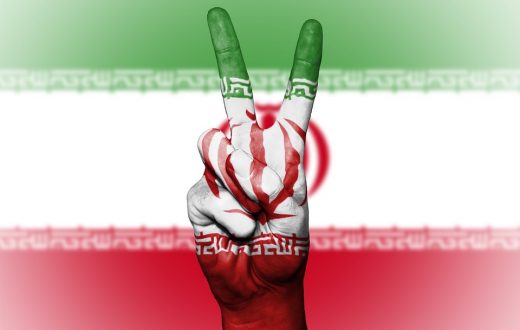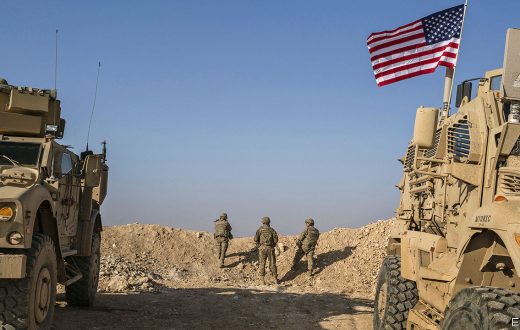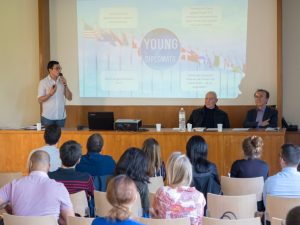
On 15th of May, YoungDiplomats did its first conference in France. As you know the purpose of YoungDiplomats is to deliver opinions and analysis on geopolitics. We implement in every country and attract people at conferences or debates. In France, more than 200 000 young people are Law or Politics student. Getting involved into this student community is paramount for YoungDiplomats. To lay the groundwork for our next activities in France, we decided to make a conference on the geopolitics of Kurdistan. We wanted this event to be participatory. The public could ask prepared questions to our interveners : Gerard Chaliand and Kendal Nezan.
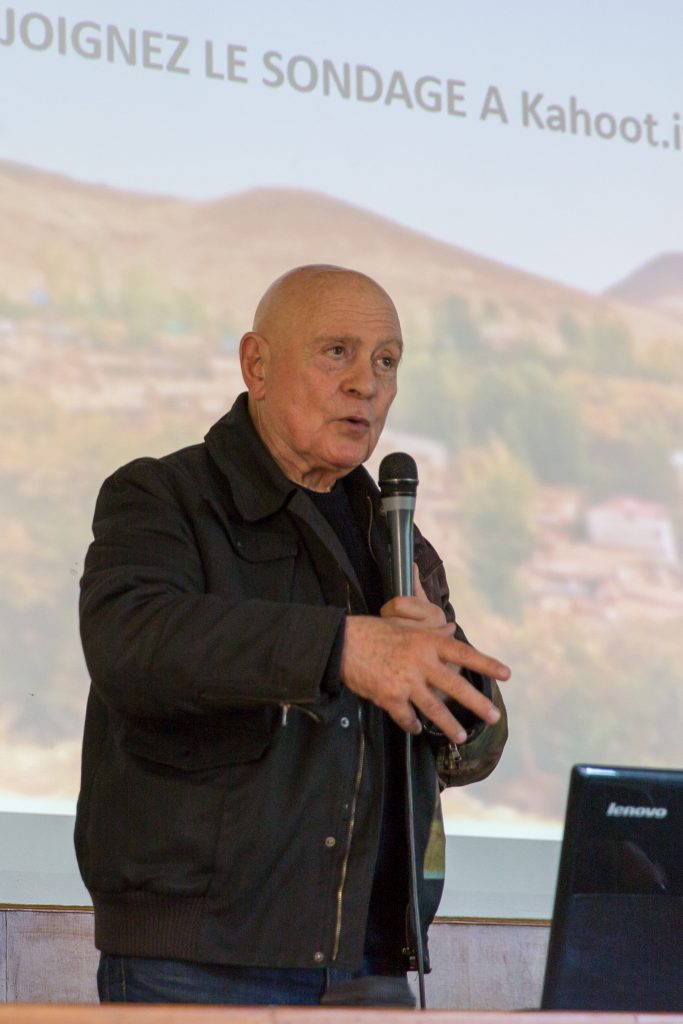
Gerard Chaliand is one of the best geopolitical analysts in France. He visited Kurdistan several times and wrote a lot on this issue. Kendal Nezan is the president of the Kurdish Institute in Paris and has a deep knowledge concerning the Kurdish people.
The main part of the conference : an important historical background
The case of Kurdistan is unique. This non-recognized country is split across four states : Iran, Iraq, Turkey and Syria. Kurds are an old people. They would be the descendants of the Medes who lived near Iran. History of the Middle-East is marked by invasions and empires. The Macedonians with Alexander the Great, The Romans, The Arabs, The Persians, The Mongolians and the Turks took the lead, each civilization at different eras. Consequently, the Kurdish people did not build a strong foothold able to last several centuries. From 1270 to 1918 the Ottoman empire ruled over Middle East and was divided in many Milehs, each one being more or less autonomous vis-à-vis the central power. By the beginning of the 16th century, Kurdish principalities made a deal with the Ottoman Empire : Kurds protect the eastern borders of the empire against the Persians. In exchange, they would gain more autonomy. This agreement worked more or less efficiently for more than three centuries. Nonetheless, it gave Kurds a stable situation.
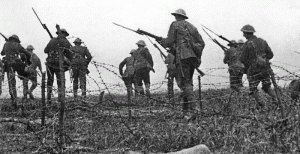
The Great War is an important moment in Kurdish history. Following the conflict, empires are destroyed and forced to adopt the nation states ideology. Many states were born from the aches of the Ottoman Empire : Iraq, Turkey, Syria and so on. Once again, Kurds didn’t have their own state and their situation is different from one country to another…
Turkey and Ataturk
At the end of the first world war, the Ottoman empire collapsed. Turks didn’t have their own state and were about to lose their sovereignty because of Western domination. But, thanks to Mustapha Kemal’s military abilities, Turkey found back its sovereignty. Mustapha Kemal was seen as Ataturk, the father of all Turks. Before kicking westerners out of Anatolia, he had promised Kurds that the all new State would be as Kurds as Turks. When Turks’ independency was restored, he denied Kurds theirs rights and self-determination on their lands. In 1923 the Lausanne treaty recognized the legitimacy of the new Turkish state.
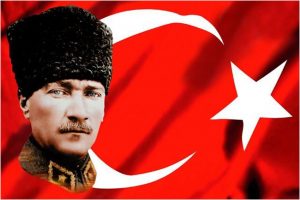
From the 1920s to nowadays, the relationship has been more or less harsh. For example, the Turkish government voted deportation acts in 1930 and in 1980. This second deportation act has laid the groundwork for a latent conflict between Turkey and its Kurdish populations. In 1984, Abdullah Ocalan built the PKK in order to fight the Turkish government. The situation is consistently stretched. In 2014, a minor event has made the conflict burst again. Moreover, Erdogan, decided to antagonize Kurds in order to strengthen the nationalistic feeling. In Turkey Kurds live far from Ankara and the other large metropolis. Most of them are mountain people isolated in the south eastern, near the Syrian border. They are used to fight and handle insurrectionary war. In January, the Turkish government invaded Afrin in order to strike the PKK and especially its Syrian branch, the YPG. Erdogan, who concentrates almost every power of the Turkish state between his hand, also conducted an operation in the Iraqi Kurdista
The case of Iraq
In Iraq Mustapha Barzani has taken the lead against the Iraqi government. As in Turkey, the situation isn’t a constant war but a latent conflict. Iraq established a policy of “ Arabization “. They forced thousands of Kurds to speak Arabic and forget their culture. Moreover, at the end of the 1980s, Saddam Hussein launched operation Anfal which planned a genocide. Iraqi forces killed 100 000 Kurdish civilians. Even if the state of latent conflict might draw a similarity between the Kurds in Iraq and in Turkey, there is a major difference. Indeed, more the Iraqi government weakened stronger became Iraqi Kurds. Contrarily to the Turkish government, Iraq has known three great wars since 1991. At the end of the first Gulf war, Kurds of Iraq decided to seize the opportunity and became de facto autonomous.
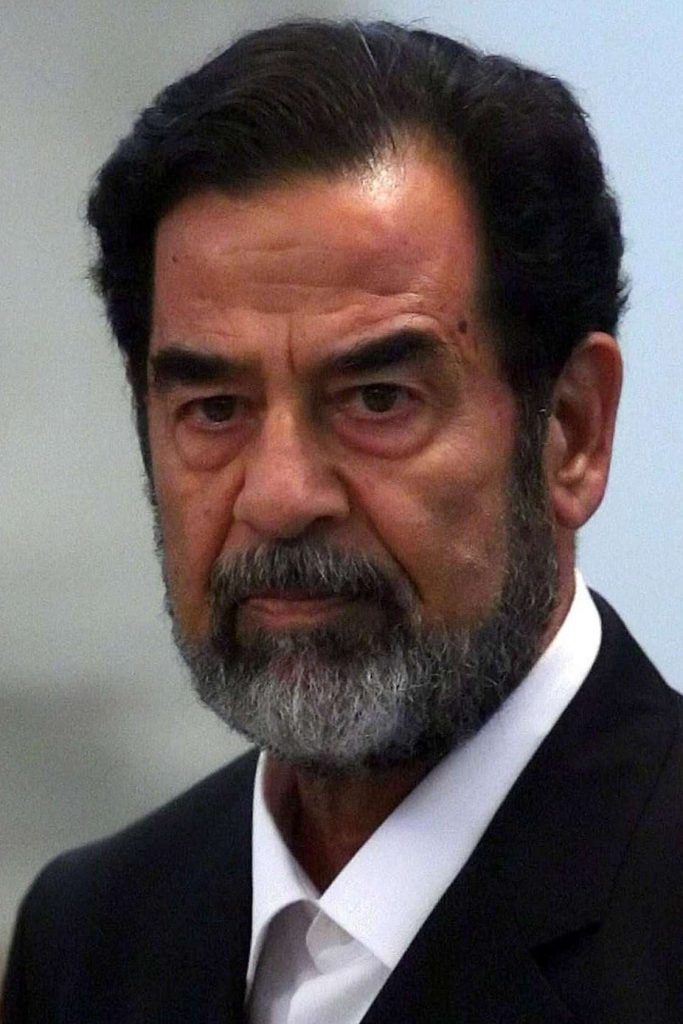
The fall of Saddam Hussein and the destruction of Iraq pushed Kurds to strengthen their territory and take over swans of the country. In 2004, the regional government of Kurdistan was recognized by the international community. Ten years later, The Islamic State rule Mosul and the Iraqi army ran away in front of the soldiers of the so-called caliphate. Consequently, Kurds took advantage of the weakening Iraqi state and once again, expand their territory. But, in 2017, Massud Barzani, the son of Mustapha Barzani, did a referendum to claim autonomy. The majority of Kurds voted yes to the autonomy. Barzani bet that the Iraqi government would take that truth into account without saying anything. But he lost his bet when Baghdad sent men to take back the new territories conquered by Kurds. Following these events, Iraqi Kurds lost an important part of the federal budget accorded by Baghdad. Now, the Iraqi Kurdistan knows a severe humanitarian crisis.
Kurds in Syria : towards a Turkish implantation ?
When France left Syria at the end of the second world war, one did not talk about a Kurdish territory in Syria. Indeed, at the North of the country there were only three cantons: Djezireh, Afrin and Kobane. Consequently, Damascus didn’t deem them as threats contrarily to Baghdad or Ankara. The Assad dynasty thought that the control of Syria relies on the control of Damascus. This ideology didn’t urge them to strike on Syrian Kurds, since they live far from the capital. In 2014, when the Islamic State became more and more dangerous for Syria, Kurds seized the opportunity. They wanted to connect theirs three cantons. Thanks to their military success in Kobane they were seen as heroes and brave warriors especially by the West. They capitalized on this success and achieved the connection between their towns.
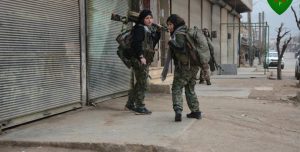
But Erdogan didn’t want a Kurdish stronghold at the south of Turkey, able to protect his potential enemies of the PKK. Consequently, as mentioned above, the Turkish army decided to invade the canton of Afrin and naming this assault as a “ security operation “. As a result of this operation, the canton of Afrin may become an extension of Turkey. For example, Turkey is training men so they could become new officials. Everything indicates that Turkey is seeking for a long-term implantation in Syria
Tools to understand the Kurdish question
Beside this long historical background, Gerard Chaliand and Kendal Nezan answered to the questions of the audience. Here are the most important information to know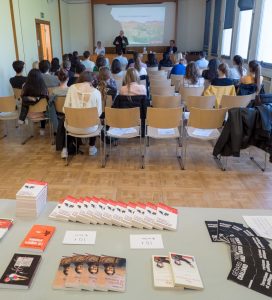
- Gerard Chaliand put a stress on this information during the conference : Kurds are warriors. They are used to fight and are aware of their strategic asset. Indeed they live on mountains, which are not easy to conquer and invade.
- A student wondered why the “international community “ didn’t do anything to support Kurds and prevent the Turkish support of Islamists militias (especially during the assault on Afrin). Gerard Chaliand explained that the “international community” doesn’t exist. In international relations, states follow their interests and ideologies.
- Kendal Nezan insisted on the false appearances of the UN. The council of security held a minute of silence when the Israeli government installed gantries at the Temple Mount, but didn’t do anything when the Turkish army bombed Afrin and killed thousands of civilians.
- We also figured out that Kurds are not one people. More than one-time, Kurdish Iraqis behaved following their own interests. For example, the Iraqi Kurdistan needs a sea access to exist. Only Turkey provided this sea access. Consequently, Turkey played a game to divide Kurds. But if Kurds were a strong bloc no states could divide them.
- In the same idea, Syria Turkey and Iraq have always done their best to split Kurds.
The conference in Paris was a success. YoungDiplomats plans other conferences in France and beyond. Thanks a lot for having read this overview and other events will come soon !
The conference was a success and the implantation in France has just started !
[contact-form-7 404 "Not Found"]
